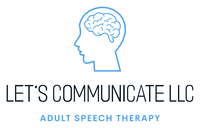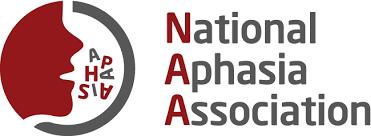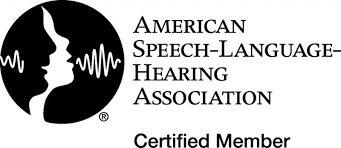Dysphagia means difficulty swallowing. Dysphagia can occur at various phases in the swallowing process and can affect your ability to swallow food, liquid, pills, or even your saliva.
Oral Phase: Difficulty chewing and moving food or liquid from the mouth to the throat.
Pharyngeal Phase: Difficulty triggering the swallow, squeezing food or liquid down the throat, closing the airway so food and liquid don't go down the wrong way.
Esophageal Phase: Difficulty relaxing and tightening the openings at the throat and stomach and squeezing food through the esophagus.
Dysphagia can arise from many different medical conditions and can refer to difficulty from the lips all the way to the stomach or anywhere in-between. A stroke, brain injury, spinal cord injury, progressive neurological disease including Parkinson’s and ALS can all cause a swallowing disorder. Dementia conditions such as Alzheimer’s can also contribute to difficulties swallowing.
Signs and symptoms of dysphagia include:
1. Coughing during or right after eating or drinking
2. Wet or gurgly sounding voice during or after intake
3. Extra effort or time needed to chew or swallow
4. Food or liquid leaking from mouth to getting stuck in mouth
5. Feeling of food or liquid ‘getting stuck’ in the throat
6. Recurring pneumonia
7. Weight loss or dehydration from not being able to eat enough
Let’s Communicate speech pathologists are swallowing specialists. Our experienced professionals have expertise in evaluation and treatment of swallowing disorders. They can determine the cause of your swallowing problems and design a treatment program to improve your ability. We're certified in the McNeill Dysphagia Training Program (MDTP). MDTP is a systematic, exercise based therapy program for the treatment of dysphagia in adults. It works to rebuild impaired swallowing functions and to improve safe oral intake.
Please refer to the link below for additional information about dysphagia from the National Institute on Deafness and other Communication Disorders (NIDCD):
https://www.nidcd.nih.gov/health/dysphagia
https://www.nidcd.nih.gov/health/dysphagia
|
Location
Serving clients in: Montgomery County, MD (Rockville, Kensington, Silver Spring, Gaithersburg, Takoma Park, Germantown, Aspen Hill, Olney, Brookeville, Darnestown, Colesville, Leisure World, Fairland, Ashton-Sandy Spring, Cloverly, Redland, Derwood) Prince George's County, MD (Upper Marlboro, Bowie, Hyattsville, Laurel, Greenbelt, College Park, Lanham, Beltsville, Cheverly, Riverdale Park, New Carrollton, Glenn Dale, Mount Rainier, Langley Park, Adelphi, Mitchellville, Berwyn Heights) Teletherapy offered to clients across MD and DC |
Contact Us
|
|
|





